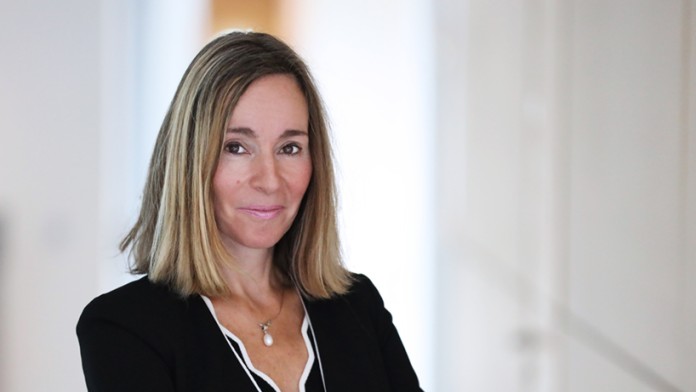Press Release from 2020-11-06 / Group, KfW Development Bank
Protecting the environment and commuters: KfW supports the expansion of Mumbai’s metro system
- KfW issues loans of EUR 545 million to India
- Less air pollution and fewer greenhouse gases, better road safety
- 34-km-long metro line to form North-South corridor
On behalf of the German Federal Ministry for Economic Cooperation and Development (BMZ), KfW has committed two loans for a total of EUR 545 million to the Indian Ministry of Finance. The credit package is made up of one development loan of EUR 345 million and one promotional loan of EUR 200 million. In addition, a financing agreement of EUR 2.2 million was signed for accompanying technical support. The Financial Cooperation project, which is being implemented by the Mumbai Metropolitan Region Development Authority (MMRDA), covers system components for Mumbai’s metro line 4, as well as footpaths and cycle routes surrounding the stations to improve integration within the transport system.
With approximately 20 million residents, Mumbai is not only among India’s most populous cities, but it is also globally among the cities which are worst-affected by traffic jams. The existing suburban railway lines are completely overloaded, transporting up to 8 million commuters a day – a situation that often leads to accidents. At the moment, Mumbai has just one metro line, which is 11 km long. In light of this, the plan for the next few years is to build a metro network with 14 lines and a total length of 337km covering the entire metropolitan region. The aim of expanding the metro network is to relieve strain from commuter traffic, reduce traffic accidents and respiratory problems caused by air pollution, and contribute to climate change mitigation.
“Expanding the metro system in Mumbai will not only improve road safety and reduce the level of fine dust pollution, it will also make a valuable contribution to climate change mitigation. Once metro line 4 has begun operations, it will help to save up to 121,000 tonnes of greenhouse gases every year,” explained Dr Günther Bräunig, CEO of KfW.
Energy-efficient trains are due to be provided for the 34-km-long metro line 4 and the goal is for them to be completely automated in the medium term. As well as expanding the metro network, footpaths and cycle routes are due to be expanded around the stations and the safety will be improved through additional markings, signage and video surveillance.
Information about KfW Development Bank can be found at: www.kfw-entwicklungsbank.de


Share page
To share the content of this page with your network, click on one of the icons below.
Note on data protection: When you share content, your personal data is transferred to the selected network.
Data protection
Alternatively, you can also copy the short link: https://www.kfw.de/s/enkBbm2w.CWZA
Copy link Link copied